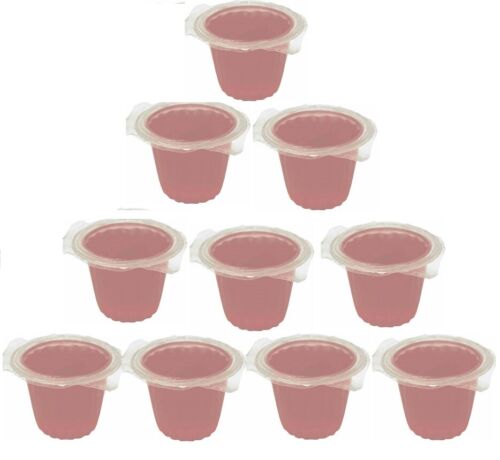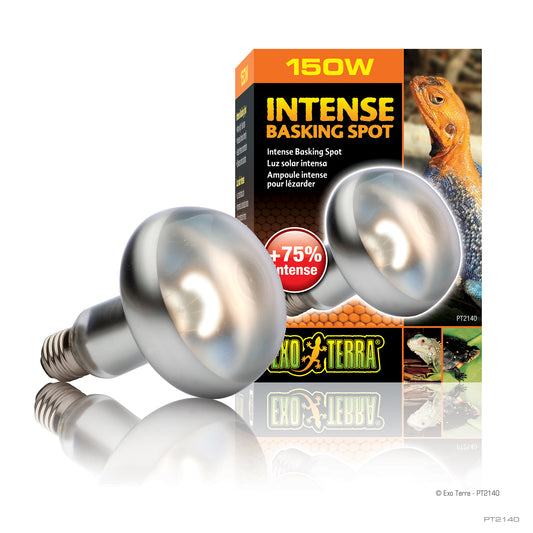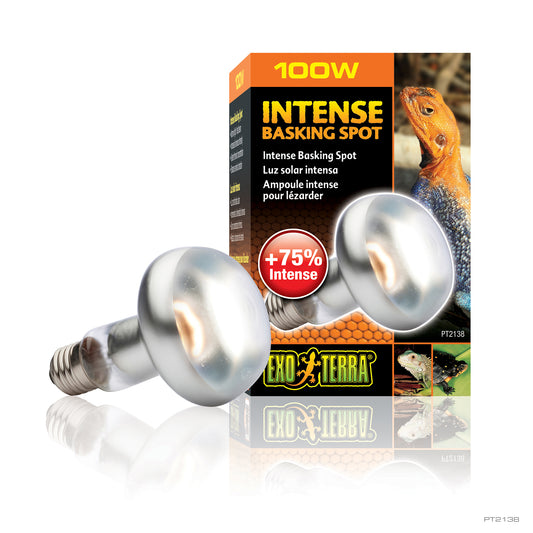
Day geckos, known for their striking colors and active nature, are captivating reptiles that have become popular among enthusiasts and collectors. With their vibrant appearance and unique behaviors, day geckos offer a fascinating glimpse into the world of reptile keeping. In this article, we'll explore the various aspects of day geckos, from their natural habitat to their care requirements as captivating pets.
General Description: Day geckos are characterized by their vibrant colors and often possess bright hues of green, blue, or red. These diurnal creatures are well-known for their large eyes and agile nature, making them captivating subjects for observation.
Life Span: When provided with proper care, day geckos can live for approximately 6 to 10 years in captivity, varying based on factors such as diet, habitat, and overall health care.
Natural Habitat: Day geckos are native to various tropical and subtropical regions, primarily found in Madagascar, various islands in the Indian Ocean, and parts of Asia. They inhabit lush forests and vegetation-rich areas, relying on these environments to thrive.

Average Size: Fully grown day geckos typically reach sizes ranging from 4 to 6 inches (10 to 15 cm) in length, although some species can be slightly larger.
Enclosure Size: A suitable enclosure for a day gecko should provide ample space for climbing and movement. A vertical terrarium or enclosure with dimensions around 18 inches in length, 18 inches in width, and 24 inches in height is recommended for a single gecko.
Temperature and Humidity Requirements: Day geckos thrive in warm and humid conditions. Maintain a temperature range of 75°F to 85°F (24°C to 29°C) during the day, with a slight drop at night. Humidity levels should be kept between 60% to 80% to replicate their natural habitat.
Substrate and Bedding: Provide a substrate that retains moisture while also allowing for easy cleaning. Coconut coir, sphagnum moss, or a mix of both can be used as a suitable bedding option.
Toxic Substances: Toxic substances should be avoided around day geckos, including:
- Chemicals and cleaning agents: These can be harmful if they come into contact with the gecko's sensitive skin or if ingested.
- Toxic plants: Avoid placing toxic plants in the enclosure, as day geckos may accidentally consume them.
- Avoid exposure to sunlight, drafts, and Teflon or non-stick cookware and appliances. Only clean cages with water and vinegar or mild dish soap.”
- Also avoid essential oils or aerosol sprays/household cleaners containing chemicals and harsh scents. Candles and scented candles or wax melts should be avoided.
Fun Facts:
- Day geckos are known for their remarkable ability to walk on vertical surfaces and even glass due to specialized adhesive toe pads.
- Some species of day geckos are known to communicate using vocalizations, producing a unique clicking sound.
- These geckos are primarily insectivorous, enjoying a diet of crickets, fruit flies, and other small insects.
- Day geckos are known for their striking color changes based on temperature, mood, and breeding status.
- Some day gecko species, such as the Madagascar Giant Day Gecko, are known for their impressive size and vibrant appearance.

Day geckos offer a captivating glimpse into the diverse world of reptiles, enchanting enthusiasts with their striking appearance and active behaviors. By providing the appropriate habitat, temperature, and humidity, reptile enthusiasts can ensure the well-being of these remarkable creatures, contributing to the ever-growing fascination with these extraordinary geckos.






